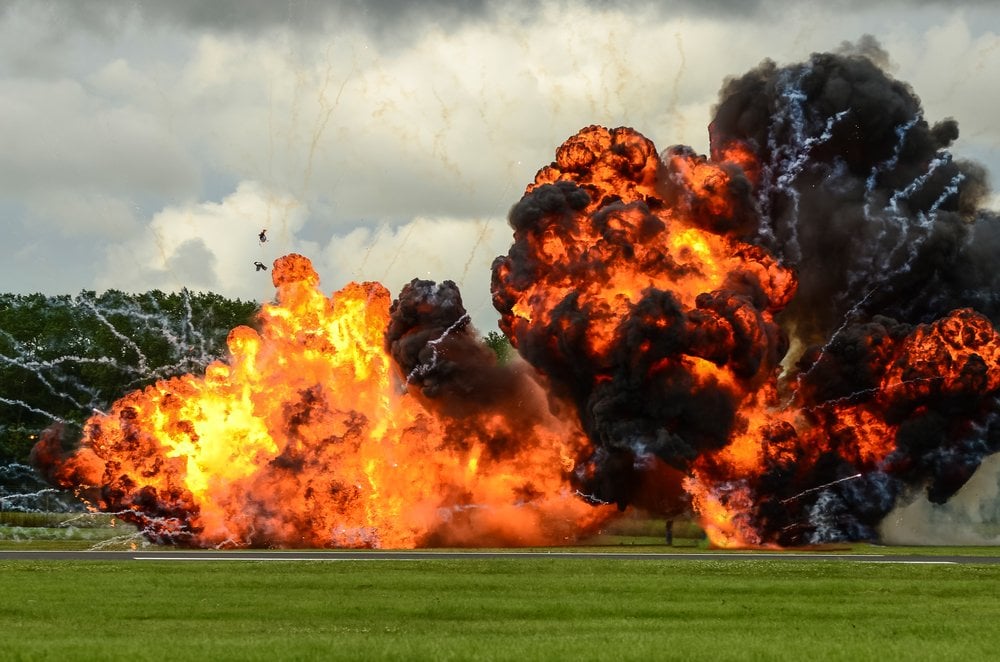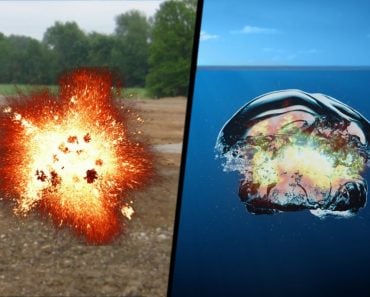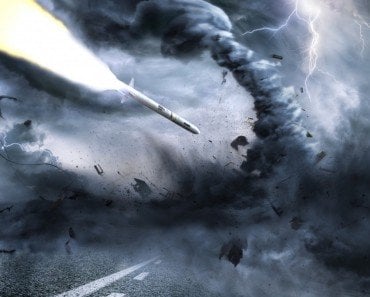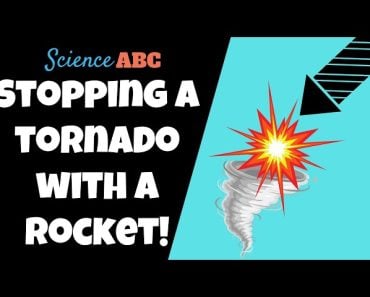Table of Contents (click to expand)
No, surviving a bomb explosion is not as easy as it seems in movies.
I’ll be the first to admit that I love superhero movies; the incredible, spectacular feats they show their protagonists (or villains, for that matter) pulling off just takes my breath away and acts as an amazing escape from the realm of ‘real life’. I know I’m not alone in this! However, after watching those movies, when I think back to some of the events that I witnessed, I realize how impossible so much of it seems! There are many scenes and moments like this in action movies, but for this particular article, let’s look at something that these movies can’t seem to get enough of: Explosions.
In many superhero and sci-fi movies, they often show heroes coolly sauntering away from an explosion, absolutely unscathed; the way they depict it makes it seem as though the act of surviving an explosion is as effortless as taking a stroll in a park. Take this scene from the movie Wolverine Origins:
But is that really the case? Is it actually that simple to survive an explosion?
Recommended Video for you:
How Is An Explosion Actually Deadly?
You may have been led to believe that explosions are flashy and cinematic, where a gigantic fireball erupts out of nowhere and towers over everything else. Now, while these types of huge explosions can happen, more often than not, real-life explosions are considerably different from the ones they show in movies.
Fire And Shrapnel

An explosion injures in primarily two ways: by the fire and shrapnel, and by the blast wave. An explosion entails a sudden shower of hot metallic pieces in all directions that can penetrate human skin without much difficulty; these flying objects are called shrapnel, and are often considered the most deadly cause of grievous injuries following an explosion.
Blast Wave
What many people don’t know about (or don’t consider much of a threat) is the blast wave accompanying the explosion. You see, when an explosion occurs, a great deal of air is pushed outwards in all directions in a very short time.
The Problem Of Abrupt Pressure Change

Do you realize that you’re always ‘walking through air’? We know that we’re surrounded by air all around us, but do you ever think about the fact of actually walking through it? You don’t, thanks to the thousands of years of human existence on the planet. Humans (and animals too, for that matter) are accustomed to a certain amount of air pressure around us; this is why you don’t get crushed by atmospheric pressure.
When an explosion pushes air outwards at very high speeds, it ends up creating a partial vacuum in its wake. To fill this vacuum, air from the surrounding atmosphere rushes in, which creates a lot of wind. To put this in perspective, a small change of 5 psi (pounds per square inch) of pressure can cause a wind gust of 160 mph (almost 258 kmph); so what would a pressure change of 20 psi, which causes a wind of 470 mph (approximately 757 kmph), do to a person in the immediate vicinity?
It can knock them off their feet and send them flying through the air, and that my friends, is not a pleasant journey!

In fact, the wind created by an explosion is so strong that it can crush people against rigid structures (like walls, metallic objects and so on) with such brute force that it could potentially cause death.
To conclude, it might look cool to see Wolverine casually walking away from an explosion with his “the-bad-guy-deserved-it” look on his face, but in real life, that just wouldn’t happen.
Your best bet against an explosion is:














